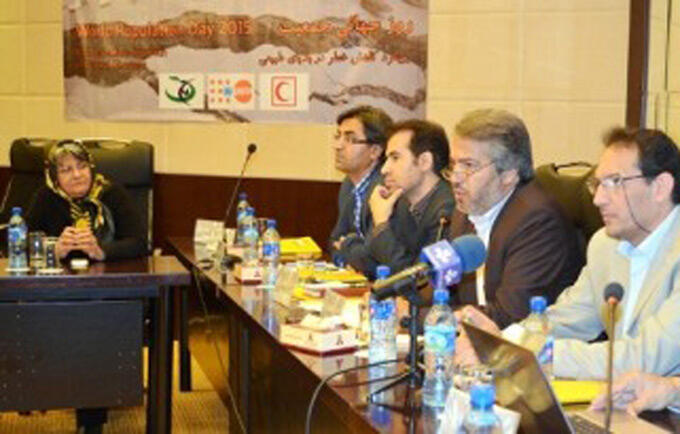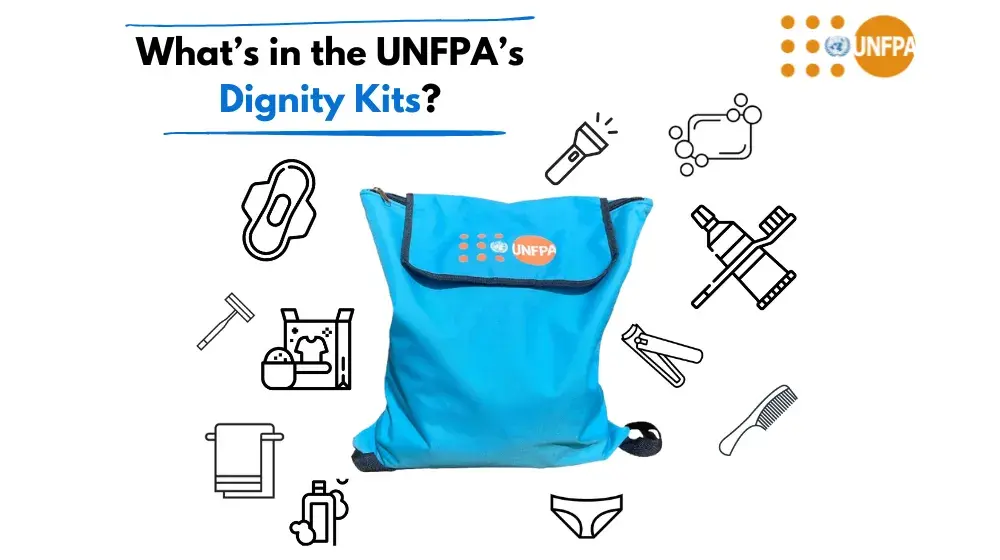Mr. Latifi:“In facing natural disasters we all need to empower ourselves to save more lives.”
On 11 July every year the world celebrates the World Population Day. The Day focuses attention on the urgency and importance of population issues, particularly in the context of overall development. This year’s theme is to acknowledge the needs of some 7 billion world population and specifically those in need for humanitarian aid in disasters.
This year the United Nations Population Fund in Iran celebrated the occasion on 21 July to draw the attention of its governmental partners and public to the needs of those at risk in disasters and how risk reduction approach can not only save lives and resources but also protect development gains. Iran is a disaster prone country, where educating people about what they might face in a critical situation can help save lives and better overcome the consequences.
Participating the event jointly held by UNFPA, the Ministry of Health and Medical Education and Iranian Red Crescent Society were a number of high caliber governmental figures including Mr. Latifi, Deputy for Reconstruction and Recovery, National Disaster Management Organization, and Mr. Serge Nakouzi, UN Resident Coordinator at interim.
Mr. Nakouzi in his opening remarks pointed out the outstanding performance of the Islamic Republic of Iran in developing its national and local capacities in disaster preparedness and response and said: “Thanks to the National Disaster Management Organization and other lead national institutions such as MOHME, Tehran Disaster Mitigation and Management Organization and IRCS, saving human lives and reducing the risks are made possible.”
Ms. Soudabeh Ahmadzadeh welcomed the distinguished guests in her speech and pointed out the risk threatening women and girls as well as the elderly and disabled in disasters and said: “When disasters strike humanitarian response needs to be tailored according to people’s specific needs and local context.”
UNFPA is always there to make sure that the needs of women and girls are at the forefront of humanitarian responses to maintain their dignity and restore safety and access to reproductive health as quickly as possible. UNFPA also cooperates with the Governments to make sure that up-to-date and reliable data and information is available for decision making in all stages of emergency.
A technical panel then was held by representatives from NDMO, MOHME, IRCS, UNFPA and the Youth Organization following by presentations and some fruitful discussions on the subject of Risk Reduction Approach in Natural Disasters and the ways to improve the coordination between national organizations to achieve more comprehensive results.



